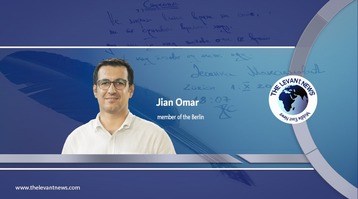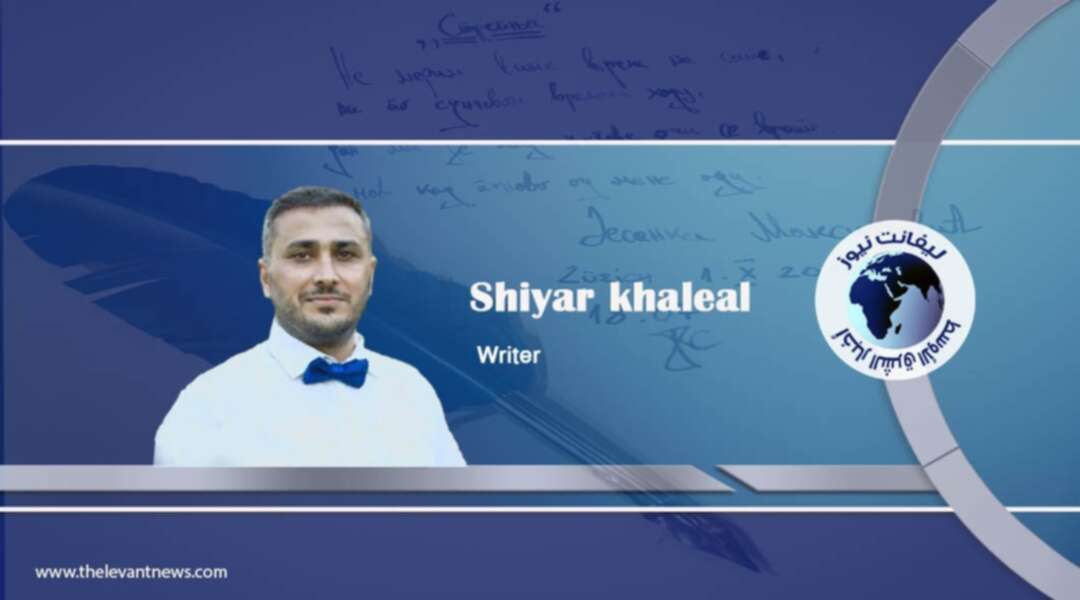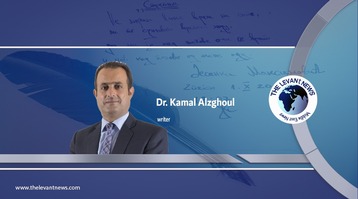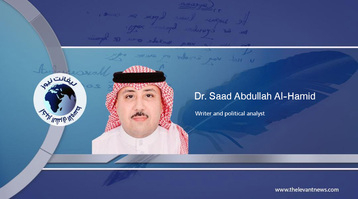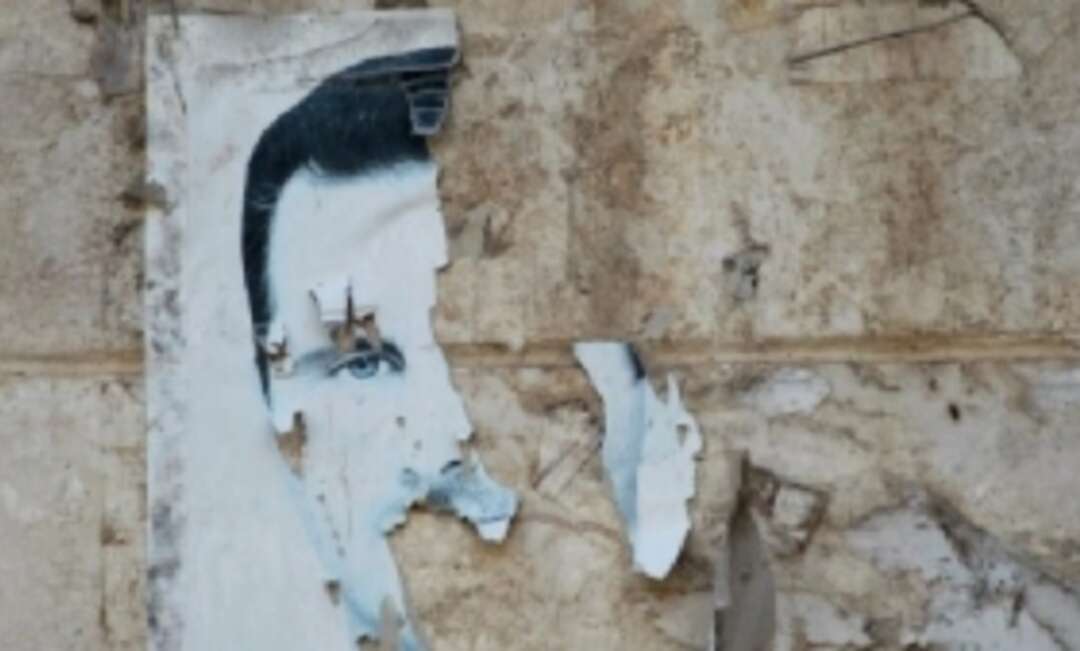-
UAE-Israel Deal Should be Welcomed

Whilst it cannot claim to be the ‘deal of the century’ that President Trump promised in bringing about a peaceful solution to the Palestinian-Israeli conflict, the agreement between the UAE and Israel to normalise relations is both historic and a step in the right direction for a region that often appears to take so many steps in the wrong one.
It is the first peace treaty signed in decades between an Arab nation and Israel, with the last enacted with Jordan in 1994 and the first treaty ever to be signed between Israel and a Gulf Arab nation. In many respects, however, it is not great surprise as the UAE and Israel had economic and strategic ties before. So, it cannot be put in the same ‘historic’ category as Nixon going to China or Sadat going to Jerusalem.
Nevertheless, it is a piece of good political news after a long stretch of only bad news. The UAE gets bragging rights for halting Israeli annexation of the West Bank. The Israeli government gets an escape ramp from the election promises around annexation that were so widely condemned around the world whilst insuring itself by saying the halt on the move is ‘temporary’. Presumably the UAE would reserve the right to cancel the deal if a future annexation were to occur which could guarantee the UAE as guardian of this central plank of regional diplomacy. Trump is of course a past master at withdrawing from deals and should be aware of this scenario although his primary interest was to score a rare foreign policy ‘win’ ahead of the upcoming election.
Arguably the US and Israel needed this good news more than the UAE that comes out of the announcement with closer strategic ties to the US than ever before. What’s more the UAE, unlike the US and Israel, stressed that they were merely "setting a roadmap towards establishing a bilateral relationship". The UAE ambassador to the US stated that the agreement "is a significant advance for the region and for diplomacy." The nuance from the UAE side is somewhat in contrast to the rhetoric from the US, with Secretary of State Pompeo talking of a “shared regional vision of an economically integrated region” and a “promise for a better day for the entire region”.
All sides may be overusing the term ‘historic’ – Trump described his vision that now “the ice has been broken” more similar deals could occur – which is not hugely likely especially as the US ends into a lame duck period of politics before the November election. U.A.E. Ambassador to the U.S. Youssef Otaiba described the deal as “a significant advance in Arab-Israeli relations that lowers tensions and creates new energy for positive change across the region.” Anwar Gargash, the U.A.E.’s minister of state for foreign affairs, told reporters that Washington’s involvement provided assurances of Israel’s commitment to suspending annexation, but said it was ultimately up to the Israelis and Palestinians to reach a final settlement.
“The U.A.E. today is really using its gravitas, it’s using its promise of a relationship to try really to unscrew a time bomb that is threatening a two-state solution,” Mr. Gargash said. “The region does need bold and imaginative steps.” If annexation was to kill the 2-state solution, averting it simply puts it back in the status-quo pre-ante of a process in a coma and creeping annexation through settlement construction and other ‘facts on the ground’.
Then comes the tantalising prospect of the ‘bold and imaginative steps’ coming next. At present the response from the Palestinian leadership has been largely negative. The will have its work cut out to bring them around but the prospect of another format of bringing together the two sides in talks shouldn’t be ruled out. If that is overly ambitious then what is not is early work by the UAE to leverage their heightened influence to tackle some of the outstanding issues faced by the Palestinians, whether that is the dire humanitarian situation in Gaza or the state of livelihoods for Palestinians in the West Bank.
Much of focus in the next period may be on airlines flying directly between the countries and embassies opening, however the new deal also outlines plans for cooperation between Israel and the UAE in combatting the coronavirus pandemic, including working together on treatment and vaccine development. It is vital that the Palestinians enjoy the benefits of this cooperation in regard to tackling COVID as evidence that the deal can be a positive catalyst for them too.

by : jamse danselow
Tags
You May Also Like
Popular Posts
Caricature
opinion
Report
ads
Newsletter
Subscribe to our mailing list to get the new updates!

